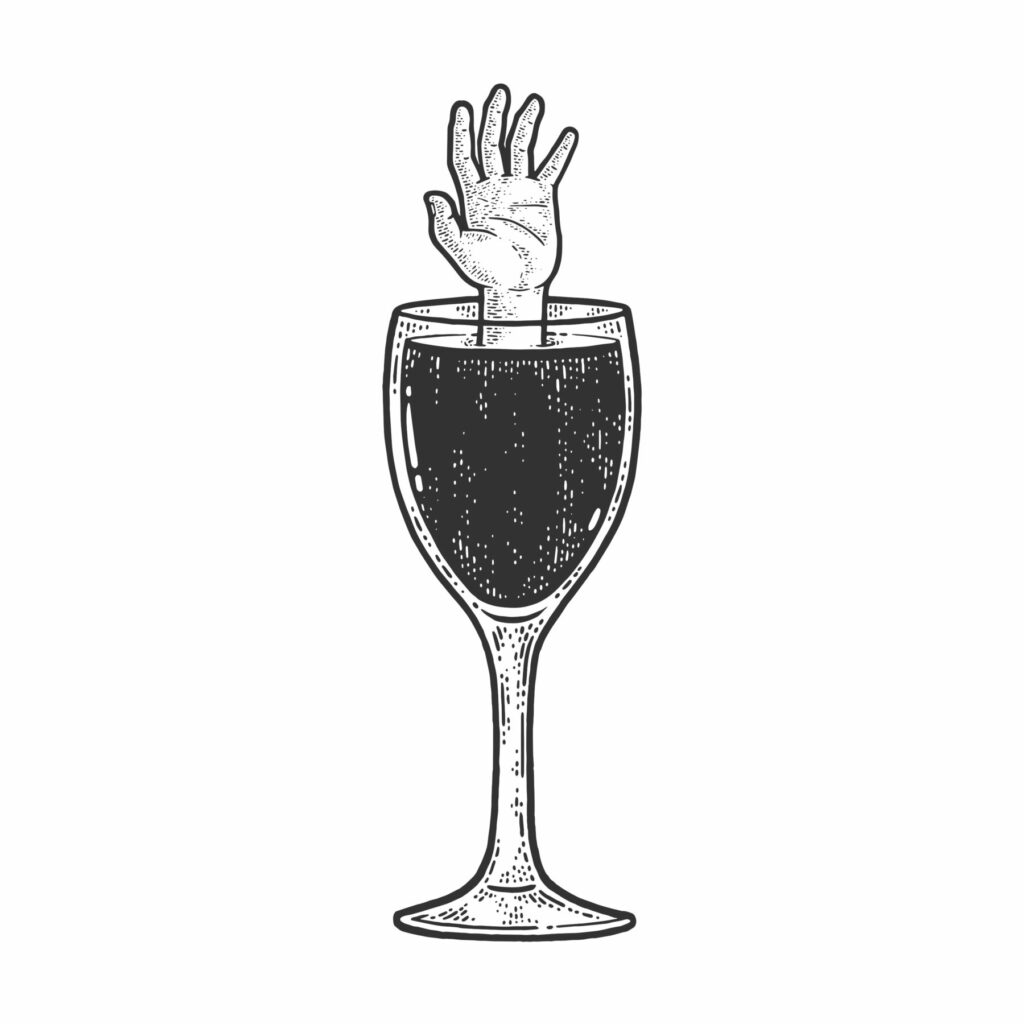Substance Abuse Therapy: Considering Attachment Theory

Addiction is a term that has been defined and redefined numerous times over the years; clinicians have attempted to understand those suffering with substance abuse in many different ways, and many roads lead to attachment. Yet, treatment approaches in recent years have often neglected this key aspect of a client’s dependence when developing a treatment plan. In his book The Realm of Hungry Ghosts, Gabor Maté explains, “The heart of addiction is dependency, excessive dependency, unhealthy dependency—unhealthy in the sense of un-whole, dependency that disintegrates and destroys.”
Let’s reframe “dependence” as an “attachment,” and through this lens look to explore the possibility of understanding substance abuse not as a disease or a mental health challenge of its own, and instead, a symptom of an insecure or disordered attachment. Attachment is what drives people to seek relationships and connection; secure attachment allows people to socially connect in ways that promote healthy functioning. Attachment is an instinctual drive programmed into the mammalian brain directly related to the helplessness and dependency of infant mammals, particularly infant humans; without developing attachment, infants may not survive and without secure attachment, the brain cannot develop optimally; this dependency of course, decreases as a person matures, however, attachment relationships remain important and impact the ways in which a person engages with the world around them. Similar to other dysfunctions understood in those with mental health challenges, people instinctively seek out ways to cope when experiencing discomfort or when they are lacking fulfillment in some regard. Individuals consciously or unconsciously may seek to rectify this neurological deficit through the use of substances that directly impact these neurotransmitters. Individuals suffering with substance abuse often self-isolate and report challenges developing strong interpersonal relationships. In turn, individuals choose an attachment to a substance as an alternative to interpersonal relationships; those who struggle developing intimacy and close relationships with others often seek out methods in which to self-soothe in times of distress, and again, these methods often present as substance abuse.
The Impact of Social Distance on Secure Attachment and Substance Abuse
The COVID-19 pandemic greatly altered the way in which people connect in today’s society. Social distancing is in direct conflict with human nature and people’s innate desire and need to experience connection with others. Insecure attachment can be categorized as avoidant, anxious or disorganized, based on specific behavior responses and patterns. Research suggests that only 62% of the American population are securely attached, with 23% being avoidant and 15% being anxious/ambivalent in their attachments. Even with limited and varying new research, due to shifts in society, even prior to the recent pandemic, it can be argued the percentages associated with insecure attachment styles are likely higher than past research suggests. With the recent pandemic and the resulting impacts on social connection, those who do identify with insecure attachment have experienced exacerbated symptoms and those who may have identified as securely attached may be experiencing new challenges related to detachment due to constraints brought on from the pandemic. Research suggests attachment behaviors can be activated by illness and individuals with insecure attachment report higher levels of maladaptive responses to disease outbreaks such as the COVID-19 pandemic. When the ability to connect with others is blocked, the desire for external emotional support and emotional regulation is often found in a substance. When considering the inevitable detachment experienced with social distancing and in understanding the relationship between insecure attachment and substance abuse, there is a need for additional support in this space. Research supports a notable trend in substance abuse during the COVID-19 pandemic and with Chicago frequently listed as a city with one of the highest rates of substance abuse in the country, there is an increased need in supportive treatment that recognizes the role of attachment.
Secure Attachment as a Treatment Approach for Substance Abuse
We understand that there is a need for care with greater focus on healed attachments. In other words, treating individuals by helping them develop a capacity for healthy relationships. In many theoretical orientations there is emphasis on the importance of rapport and the therapeutic relationship as a whole. However, when exploring substance abuse treatment through the lens of insecure attachment, this becomes more than importance, it should be a primary focus. In attachment-oriented therapy within the context of addiction, it is essential to develop empathic attachment relationships; for many suffering with substance abuse who are insecurely attached, a drug can become the only attachment object in their lives; providing an alternative experience can be transformative. In a society where connection is hard to achieve, even in the best of circumstances, this exploration of insecure attachment and substance abuse, particularly in the years following the Covid-19 pandemic, is a focus that our Chicago clinicians understand. If you are struggling with substance abuse, schedule an appointment with one of our therapists today.
The information on this blog is made for informational and educational purposes only. It is not medical advice. The information in this blog is not intended to (1) replace a one-on one relationship with a qualified licensed health care provider, (2) create or establish a provider-patient relationship, or (3) create a duty for us to follow up with you.



